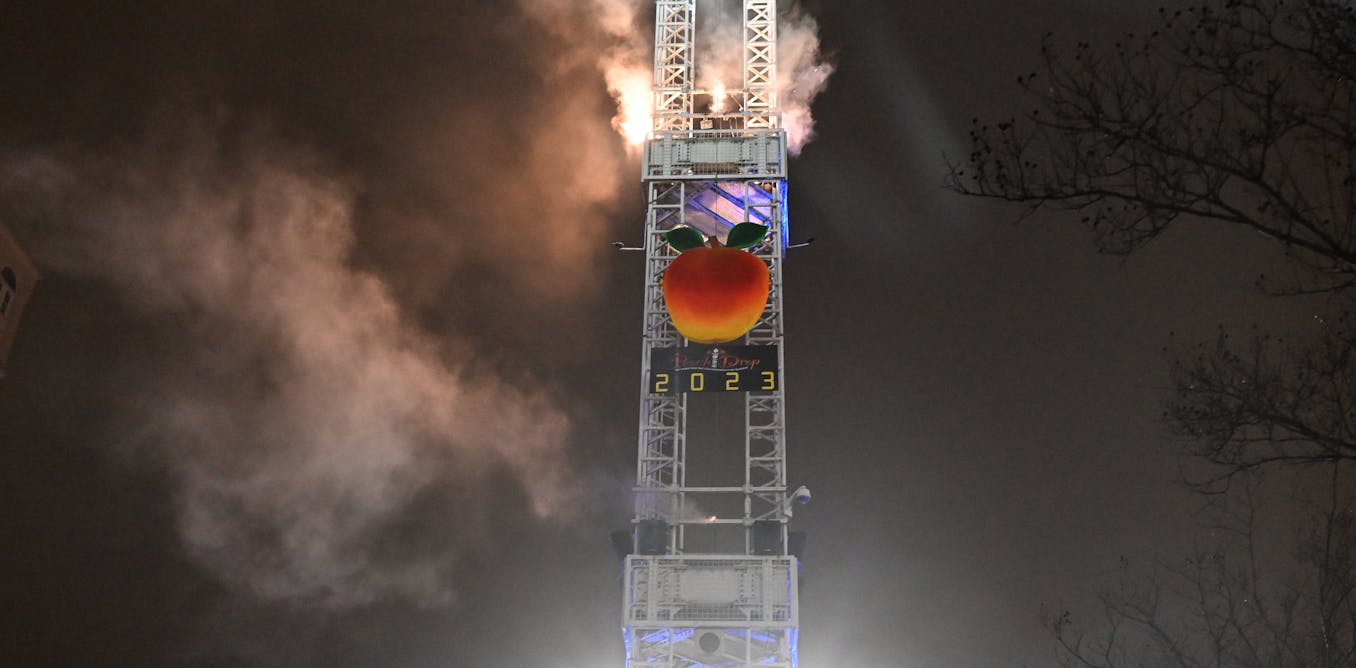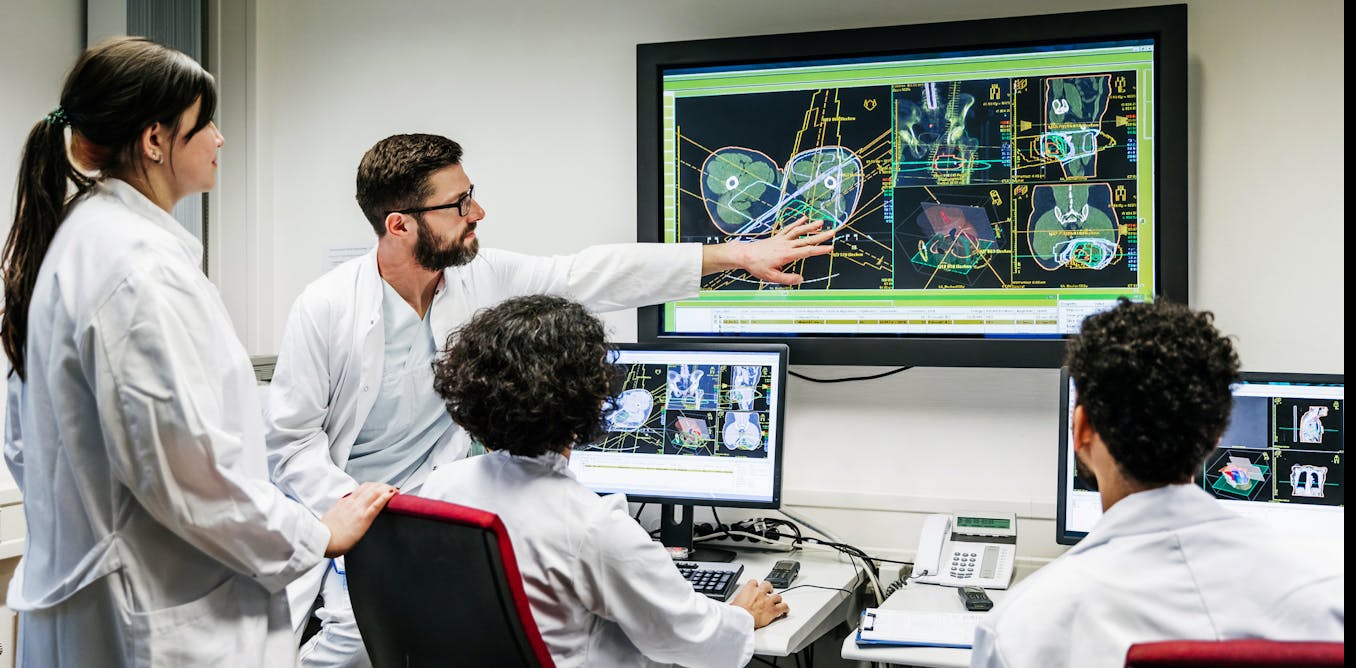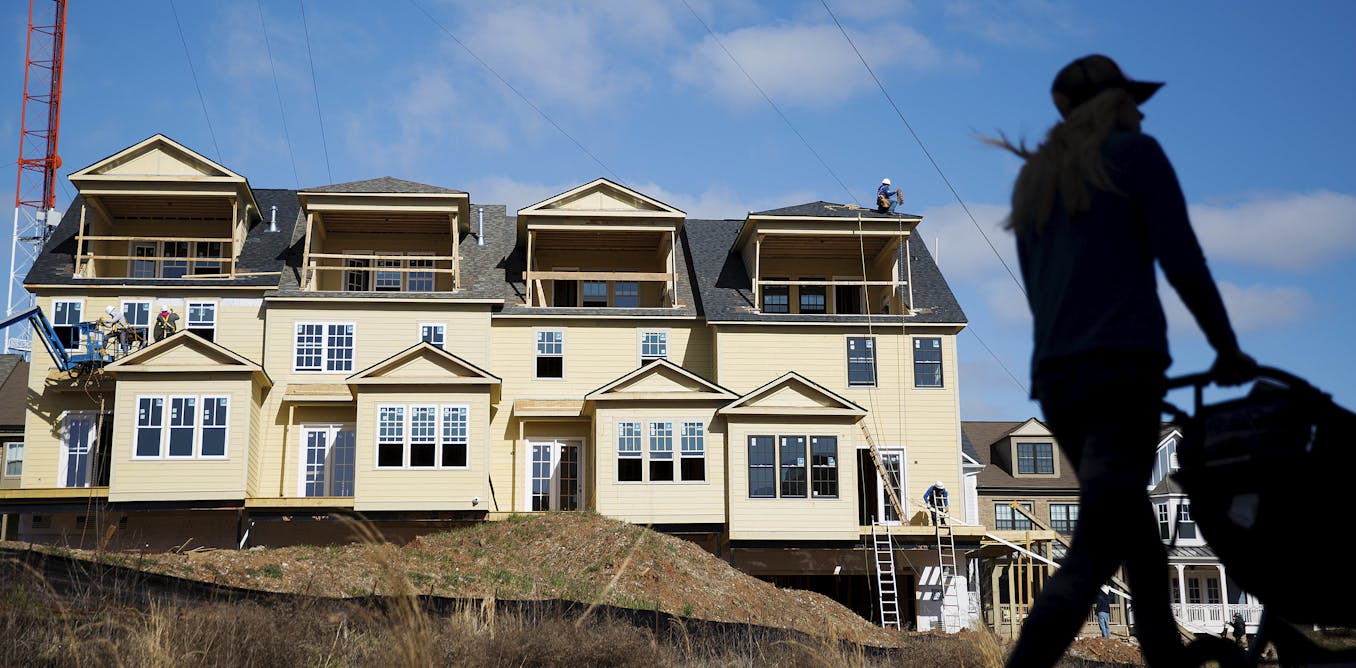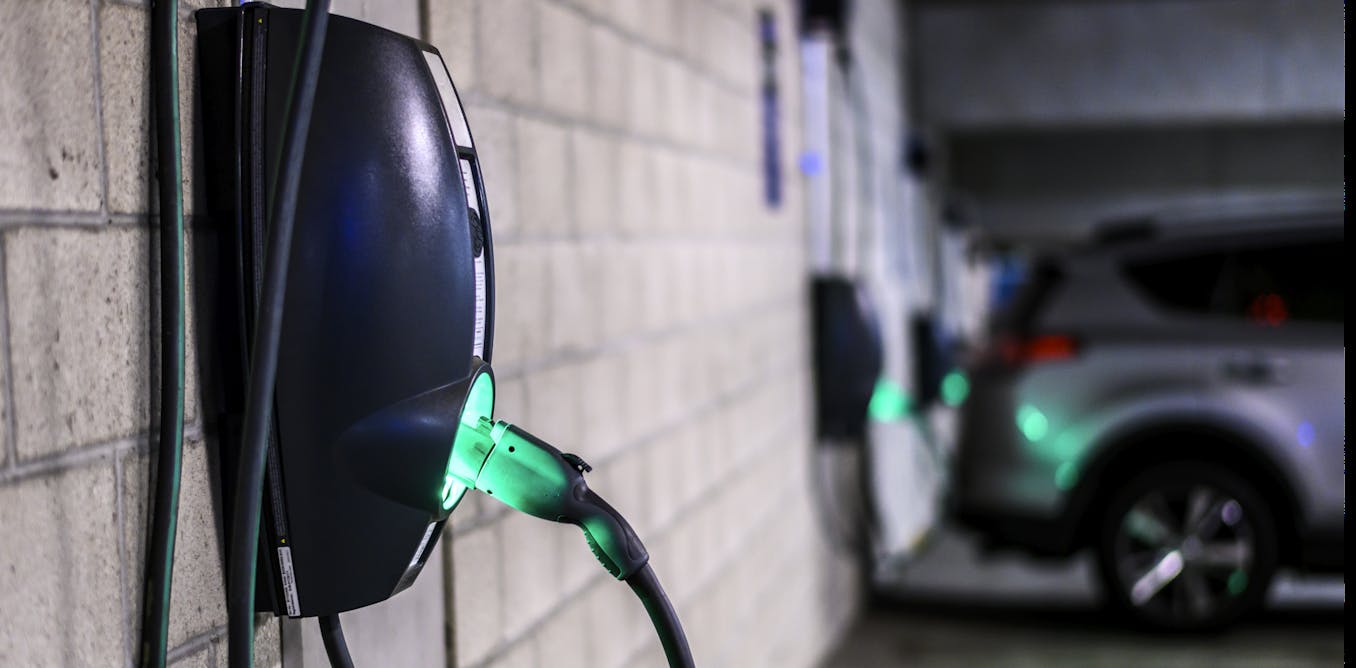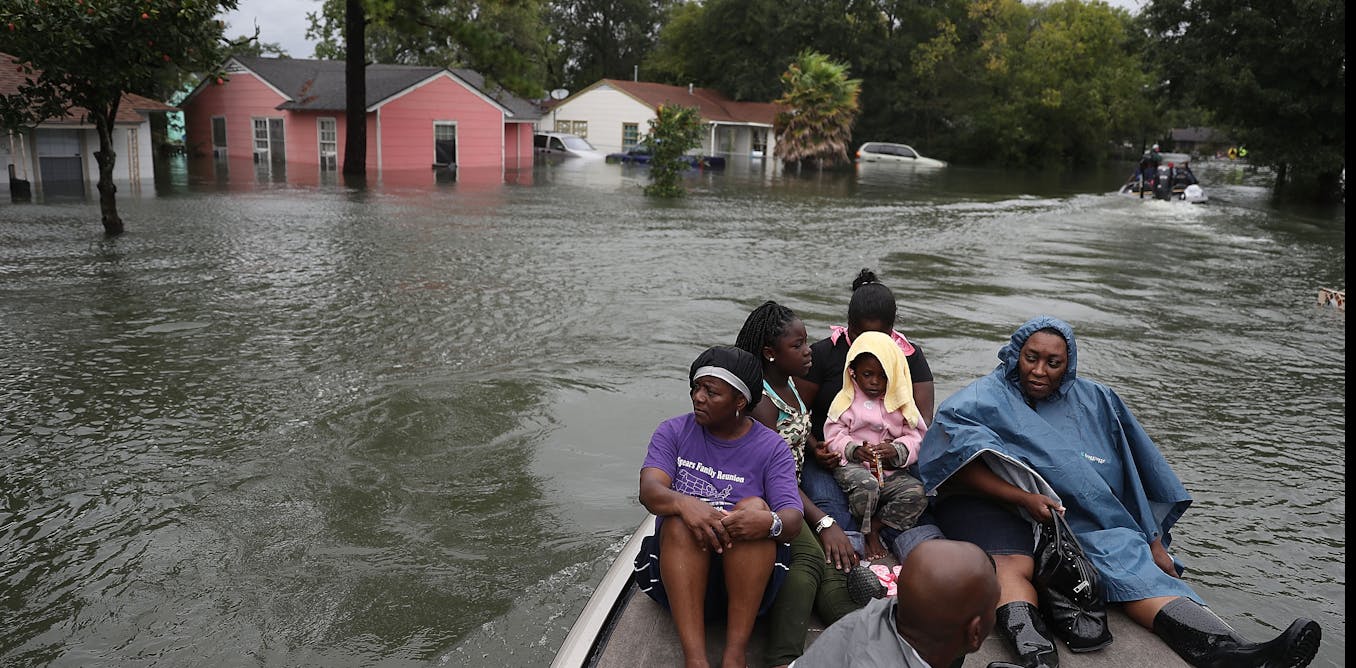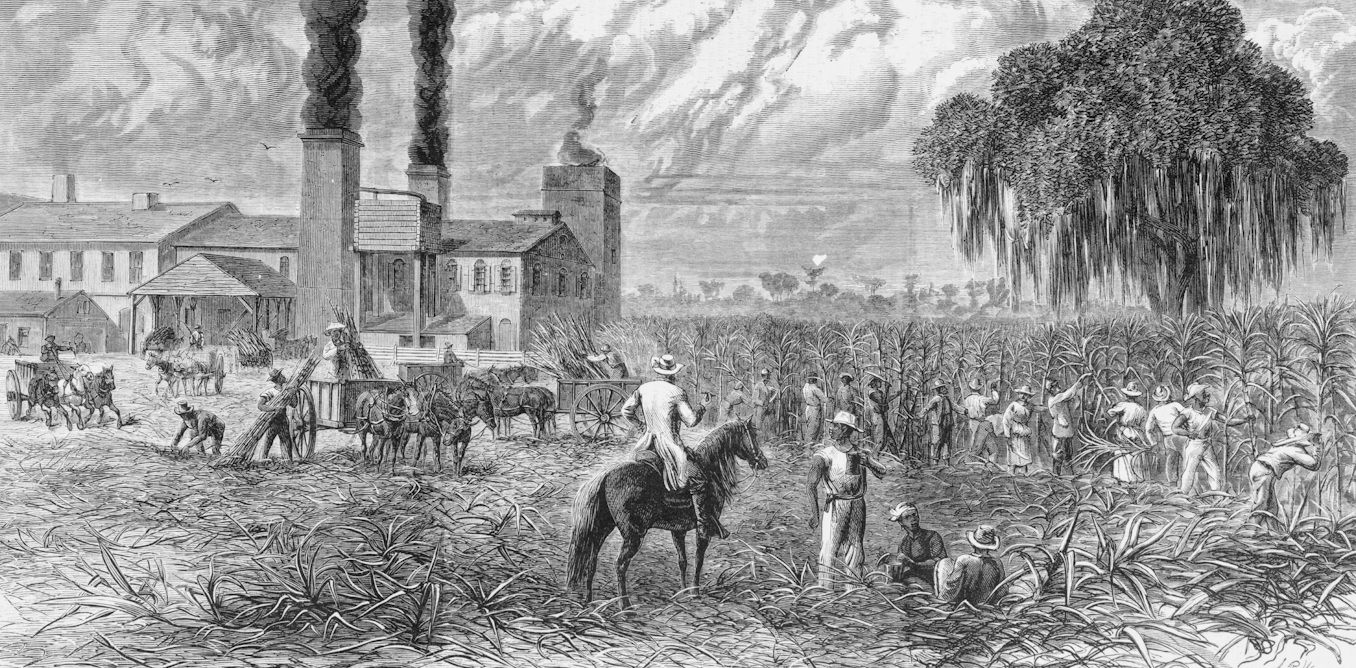Peaches are a minor part of Georgia's economy, but they're central to its mythology
A 90% crop loss in the Peach State may sound like a disaster, but Georgia isn’t actually the Big Apple of peach production that it claims to be.
June 7, 2023 • ~13 min

